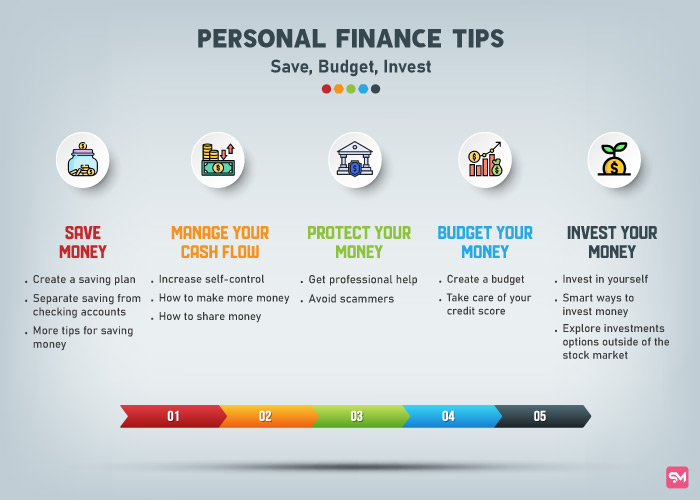Buying Property in Thailand
Purchasing a home in Thailand can be an exciting venture, whether you’re looking for a vacation property, a permanent residence, or an investment opportunity. However, navigating the real estate market as a foreigner comes with its own set of challenges and regulations. This guide will provide you with essential information to help you make informed decisions when buying your new home in Thailand.
1. Understand the Legal Framework
Foreign Ownership Regulations
As a foreigner, it’s crucial to understand the legal restrictions surrounding property ownership in Thailand. Generally, foreigners are not allowed to own land but can purchase condominiums, provided that foreign ownership does not exceed 40% of the total units in the building.Key Points:
- You can own a condo freehold.
- For land ownership, consider setting up a Thai company or leasing land.
2. Research the Real Estate Market
Identifying Your Preferences
Before diving into the purchasing process, take time to research the Thai real estate market. Identify your preferences regarding location, property type (condo, villa, etc.), amenities, and budget.Steps to Take:
- Explore online property listings and local real estate agents.
- Visit different regions in Thailand to get a feel for various neighborhoods.
3. Engage a Qualified Real Estate Agent
Finding the Right Professional Help
Hiring a knowledgeable real estate agent can simplify your home-buying process significantly. They can provide valuable insights into the market and help you navigate legal requirements.What to Look For:
- Experience with foreign buyers.
- Good reputation and positive reviews.
4. Hire a Lawyer Specializing in Property Transactions
Ensuring Legal Compliance
A qualified lawyer can help you understand the complexities of Thai property law and ensure that all legal documents are in order. They will conduct due diligence on the property and assist with negotiations.Why You Need a Lawyer:
- To perform title searches and verify ownership.
- To draft and review contracts.
5. Understand the Costs Involved
Budgeting for Additional Expenses
In addition to the property price, be aware of additional costs associated with purchasing real estate in Thailand. These may include:
- Transfer Fee: Typically 2% of the property value.
- Stamp Duty: Generally 0.5% of the sale price.
- Legal Fees: Usually range from ฿20,000 to ฿30,000.
- Maintenance Fees: Applicable for condominiums.
6. Make an Offer and Negotiate
The Offer Process
Once you find a property you like, your agent will help you make an offer. Be prepared for negotiations regarding the price and terms of sale.Tips for Negotiation:
- Research comparable properties to support your offer.
- Be flexible but firm on your budget.
7. Pay a Deposit
Securing Your Purchase
After agreeing on terms, you’ll typically pay a deposit (around 10% of the purchase price) to secure the property. This shows your commitment to buying and allows for further legal processes.Important Note:
- Ensure that this deposit is placed only after all initial checks are completed.
8. Conduct Due Diligence
Property Inspection and Surveys
While not mandatory, conducting a thorough inspection or survey of the property is advisable. This can uncover any potential issues before finalizing your purchase.How to Proceed:
- Hire a qualified surveyor registered with organizations like RICS (Royal Institution of Chartered Surveyors).
9. Finalize Contracts and Complete the Sale
Legal Documentation Process
Once all checks are complete, your lawyer will prepare the sale contract. Review this document carefully before signing to ensure all terms are clear.Final Steps:
- Register the transfer at the local Land Department office.
- Collect keys and finalize any outstanding payments on move-in day.
10. Consider Future Developments
Planning for Long-Term Ownership
When buying property in Thailand, consider future developments that may affect your investment’s value. Research upcoming infrastructure projects or zoning changes in your area.Things to Monitor:
- Local government plans for development.
- Changes in tourism trends that may impact property values.
Make Informed Decisions When Buying Property in Thailand
Buying a home in Thailand can be an enriching experience if approached with careful planning and knowledge of local regulations. By understanding legal frameworks, researching thoroughly, engaging professionals, and budgeting wisely, you can navigate the process smoothly and find your dream home in this beautiful country. Take your time, do your due diligence, and enjoy the journey of becoming a homeowner in Thailand!




